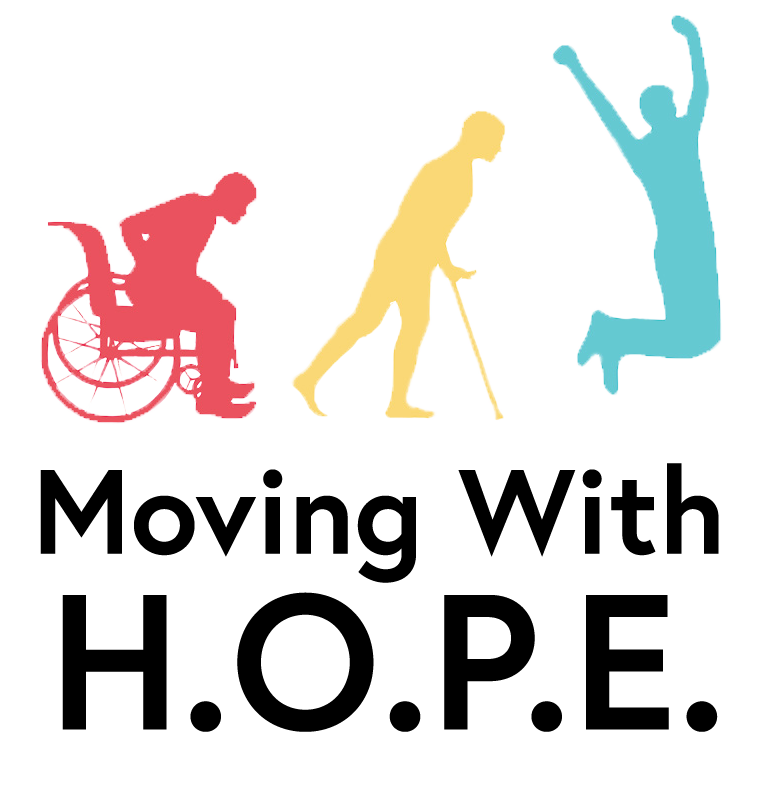Depression robs many persons of the meaning of life and a sense of purpose. It may also lead to suicidal ideations and even suicide. Almost 5% of American adults reported regular feelings of depression. Since the pandemic, the rate of reported depression tripled throughout the USA.
There are several types of health interventions for depression, but we will focus on how occupational therapists and mental health treatments can help with this condition.
What is Depression?
Depression refers to persistent feelings of sadness, loss, and anger that interfere with your daily life. It is also categorized as a mood disorder that causes a loss of interest in the activities that you once enjoyed. Depression is also accompanied by several emotional and physical problems that can decrease your ability to complete your work and home responsibilities.
What Are The Symptoms of Depression?
The general symptoms of depression include:
- A depressed mood or feelings of sadness
- Losing pleasure or interest in activities that were once enjoyed
- Appetite changes may lead to excessive weight loss or weight gain
- Insomnia (difficulty sleeping) or hypersomnia (sleeping too much)
- Exhaustion, increased fatigue, and energy loss
- An increase in purposeless physical activity (such as the inability to sit still, pacing, and hand wringing)
- Slowed movements or speech that is sufficiently severe and noticeable to others
- Feelings of guilt or worthlessness
- Muddled thoughts, difficulty concentrating and making decisions
- Suicidal ideations or thoughts of death
However, depression affects males and females differently, and it also has various effects across age groups.
For men:
- Mood changes that lead to increased anger, aggressiveness, irritability, anxiousness, and restlessness
- Lower emotional well-being as a result of feelings of emptiness, sadness, and hopelessness
- A loss of interest in their favorite activities, feeling easily exhausted, feeling suicidal, excessive drinking, drug use, and engaging in risky activities
- Reduced sexual desire and/or impaired sexual performance
- Difficulties concentrating, completing tasks, and delayed responses when conversing
- Disturbed sleep patterns, such as insomnia, restless sleep, excessive sleepiness, not sleeping through the night
- Impaired physical wellbeing, such as fatigue, pains, headache, or digestive problems
For women:
- Increased irritability
- Feelings of sadness, emptiness, hopelessness, and anxiety
- Losing interest in favorite activities, withdrawing from social engagements, suicidal thoughts
- Impaired thinking and slowed speech
- Disrupted sleep patterns, insomnia, and hypersomnia
- Reduced energy, exhaustion, fatigue, appetite changes, extreme weight changes, aches, pain, headaches, and increased cramps
For children:
- Increased irritability, anger, extreme mood swings, and excessive crying
- Low self-esteem and feelings of incompetence
- Separation anxiety and fear of parents dying
- Getting into trouble at school, refusing to attend school, avoiding friends or siblings, increased suicidal ideation, and thoughts of death
- Difficulty concentrating, declining school performance, and poor grades
- Disrupted sleep patterns such as insomnia and hypersomnia
- Reduced physical welfare like energy loss, digestive issues, appetite changes, and extreme weight loss or gain
For older adults:
- Feeling sad about loved ones who have passed on and retiring from work, as well as feelings of loneliness
- Increased irritability, insomnia, fatigue, muddled thinking, and memory difficulties
- Somatic symptoms such as headaches, stomachaches, bowel, and bladder complaints
- Anxiety over past injuries like falls leading to sprains and fractures
- Feeling anxious about leaving their homes
- Inactivity leading to reduced endurance and flexibility
- Excessive worry about failing health, loss of independence, and moving into nursing homes
How Can Occupational Therapy Help Depression?
Mainstream media is awash with an abundance of ads for antidepressants. Unfortunately, this has convinced many Americans that the solution for depression lies in a pill bottle. But while medication plays an important role in managing depression, other strategies should also be employed.
Occupational therapists can help individuals struggling with depression. These professionals help you restructure your daily life, find meaning in your daily occupations, and redefine your sense of identity.
Creating a Meaningful Life
Occupational therapists can help you explore life roles that you find meaningful. They will help you to adapt your daily schedule so that you will have the time to pursue these fulfilling occupations to derive a sense of accomplishment. These roles may be worker, student, family member, friend, or hobbyist.
An occupational therapist will also help you to figure out what may stop you from being able to pursue those meaningful occupations. Some of these occurrences may be going to work late or being overwhelmed by tasks. For example, an occupational therapist may help a mother suffering from depression to make shopping lists and plan simple meals. Also, if you enjoy gardening, then you may start a backyard garden.
Improving Self-Esteem
Having healthy self-esteem and identity matters a lot in managing your depression. Your self-esteem drives the choices you make. So if you would normally spend a bad day on the couch before your TV all day, then your therapist will help you to create and fill a daily schedule. As you accomplish these tasks, you will feel better about yourself and able to manage your symptoms.
Do You Need an Expert Occupational Therapist?
We have discussed how occupational therapists and mental health treatments can help you manage depression. Do you live close to Shelton, CT areas and need an occupational therapist? Then visit Moving With Hope! We have several medical professionals including occupational therapists. We invite you to contact us today to discuss how we can help you manage your depression and live a fulfilling life.




